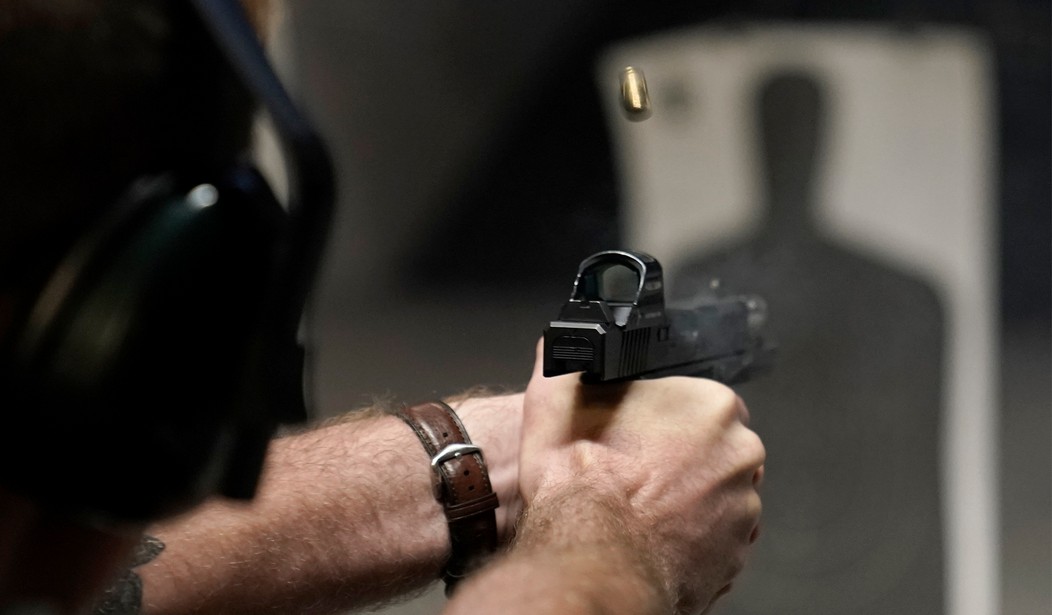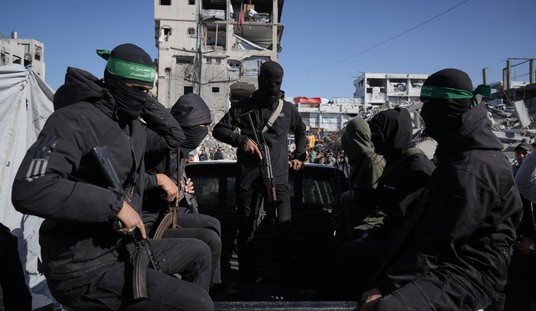Nearly two years after the Second Circuit heard oral arguments in a case dealing with New York's post-Bruen carry laws, a three-judge panel has finally released its decision, and it's mostly good news for the plaintiffs.
A group of gun owners and firearms instructors, represented by New York attorney Amy Bellantoni, first filed suit in August, 2022, alleging that the policies and procedures of the Suffolk County Police Department for obtaining a New York State pistol license violate theSecond and Fourteenth Amendments. Specifically, the complaint alleged that the SCPD "intentionally conceal[ed] the existence, and presentment, of the State Application from the public to prevent and significantly delay applicants’ ability to obtain a pistol license", even though that application was necessary for applicants to receive a license from local law enforcement.
Additionally, the lawsuit contended that the two-year wait to apply for a license violates the Second Amendment rights of Suffolk County residents. the plaintiffs also argued that the SCPD requirement that pistol license applicants be fingerprinted at SCPD created further delays that weren't found in other jurisidictions around the state. The complaint also alleged that the Suffolk County Police Department was actually arresting students who were handling firearms during the live firearm training mandated by the state, because they didn't possess the license that they were training to receive.
In February, 2023 a U.S. District Judge denied the plaintiffs' request for a preliminary injunction, which kicked the case up to the Second Circuit, where it's essentially been dormant since oral arguments were held in September of that year. Today, though, the three-judge panel revived the lawsuit, while cautioning that a facial challenge to some of the SCPD's policies and practices is unlikely to prevail.
In a case challenging multiple aspects of New York’s Bruen response bill and Suffolk County PD’s policies, the Second Circuit ruled today that:
— Firearms Policy Coalition (@gunpolicy) September 12, 2025
1) The plaintiffs have standing to challenge the permit requirements even though they haven’t applied for one
2) The plaintiffs are… pic.twitter.com/4XBLFlOgSM
The panel pointed to prior decisions in the Second and Fourth Circuit to maintain that a 30-day waiting period is not an undue burden on the right to keep and bear arms, ignoring that the Tenth Circuit has recently held otherwise, as has a U.S. District Judge in the First Circuit.
The panel did recognize that SCOTUS has said that lengthy wait times can render a "shall issue" licensing regime unconstitutional, however, and the judges took plains to point out that an as-applied challenge to the years-long delays in Suffolk County may very well succeed.
We emphasize, however, that the SCPD’s application processing times of up to two to three years likely constitute “lengthy wait times” that effectively “denyordinary citizens their right to public carry.” Bruen, 597 U.S. at 38 n.9. Thus, wemake clear that the denial of a preliminary injunction with respect to the facialchallenge to the processing time, as framed by the Applicants, does not forecloseas-applied challenges to the SCPD’s licensing timeline.
Most of the application requirements that were challenged by the plaintiffs, like providing character references and sitting for an in-person interview with an investigator, were upheld by the panel; largely because the Second Circuit had already done so in a prior case (Antonyuk II). The panel did oddly reason, though, that the in-person interview requirement was akin to 18th century provisions requiring individuals suspected of disloyalty to appear in person to swear anoath before a justice of the peace or face disarmament.
The evident purpose of these requirements was for the justices of peace to ascertain the candor of the individual and assess whether they might continue to pose a danger to the revolutionary cause. We have little trouble concluding that the in-person interview requirement is relevantly similar, both in the how and why, to these established and representative gun regulations within our Nation’s history and tradition.
Both the "how" and "why" of those 18th century requirements differ from the current requirement for prospective concealed carry holders, so the panel should have had big trouble finding it a relevantly similar provision. Swearing a loyalty oath during wartime isn't akin in the slightest to making someone sit down with an investigator to prove their suitability, which is itself a subjective standard that flies in the face of Bruen (as do good moral character tests in general). Still, though the panel denied injunctive relief on that question, the plaintiffs can still challenge the provision going forward.
Given some of the horrible decisions that have come out of the Second Circuit in recent years, this one is actually pretty decent. Unfortunately, given the snail-like pace of the legal proceedings, it could be many more years before the plaintiffs get the relief they're asking for, even if they are successful in challenging these policies.
Editor’s Note: Do you enjoy Bearing Arms' Second Amendment reporting that takes on the anti-gunners? Support our work so that we can continue to bring you the truth.
Join Bearing Arms VIP and use the promo code FIGHT to get 60% off your VIP membership!









Join the conversation as a VIP Member